World Bank moves to free up $500m in 'Afghan aid', leaving out public sector workers
The World Bank is set to meet on Tuesday to finalize a proposal to deliver up to $500 million from frozen Afghan funds to aid agencies only, leaving out tens of thousands of public sector workers.
According to a report in Reuters, the proposal aims to redirect funds from the Afghanistan Reconstruction Trust Fund (ARTF), a multi-donor mechanism for development assistance in Afghanistan established in 2002, which has a total of $1.5 billion.
The freezing of assets and aid worth billions of dollars by the US and its European allies has plunged Afghanistan into unimaginable crisis, with millions of people teetering on the brink of starvation.
Tens of thousands of Afghan government workers have been unpaid for months, since the botched US exit and the Taliban’s dramatic takeover in mid-August.
Americans froze the country’s funds soon after the Taliban laid siege to Kabul on August 15. The European Union also then followed the suit, suspending its long-term projects in the country.
Since then, the International Monetary Fund as well as the World Bank have stopped disbursing money to the country, fueling one of the worst humanitarian crises in modern history.
UN chief Antonio Guterres has warned of “make or break moment” for Afghanistan, with the economic institutions in the country slowly breaking down.
Importantly, the war-ravaged country has remained heavily dependent on foreign aid during the 20 years of US military occupation with foreign grants accounting for majority of public spending.
Under the previous US-backed government in Kabul, around 43 percent of the South Asian country’s GDP came from foreign aid, according to the World Bank.
Although experts say the World Bank proposal sheds some hope on the current situation of Afghanistan, doubts remains of how the fund will enter the country after bypassing US sanctions.
The World Bank has been asked to transfer the money, without insight or report, to humanitarian agencies, the Reuters report stated.
The proposal focuses mainly on funding COVID-19 vaccines as urgent health care needs, not addressing concerns of teachers, health workers and other government workers. Experts fear this policy will hasten the collapse of Afghanistan's public education, healthcare and social services systems.
"The proposal calls for the World Bank to transfer the money to the UN and other humanitarian agencies, without any oversight or reporting, but it says nothing about the financial sector, or how the money will get into the country," a source is quoted as saying in the report.
Adding to the misery of Afghan people, more than $7 billion of their country’s central bank funds frozen at the Federal Reserve in New York has been claimed as money damage to families of 9/11 victims.
Experts say the aim of freezing funds is to strangulate the country, after the foreign powers failed to help it become self-reliant over the past two decades.
At the same time, the Biden administration is accused of hoodwinking the international community by making flimsy promises of humanitarian assistance to Afghanistan.
Many people in Afghanistan have blamed Washington and its allies for the collapse of the aid-dependent economy. Poverty, hunger, unemployment, and food insecurity have worsened in the first 100 days of Taliban rule, forcing the war-weary Afghans to seek refuge in neighboring countries.
Before the Americans and European froze Afghanistan’s assets in August, they had for years enabled rampant corruption in the country, filling the coffers of those who pledged loyalty to them.
This gross misappropriation of funds was even acknowledged by the top US oversight body, SIGAR.
Meanwhile, neighboring countries of Afghanistan have stepped forward to offer help to the crisis-stricken country.
Iran, which shares a 900-kilometre border with Afghanistan, has welcomed the new wave of Afghan refugees and sent food trucks to the country.
Iran has been hosting millions of documented and undocumented Afghans for the past four decades, making it one of the largest refugee populations in the world.
According to The United Nations High Commissioner for Refugees (UNHCR), in 2020 Iran sheltered more than 3 million Afghans, including nearly two million undocumented migrants and 800,000 refugees.
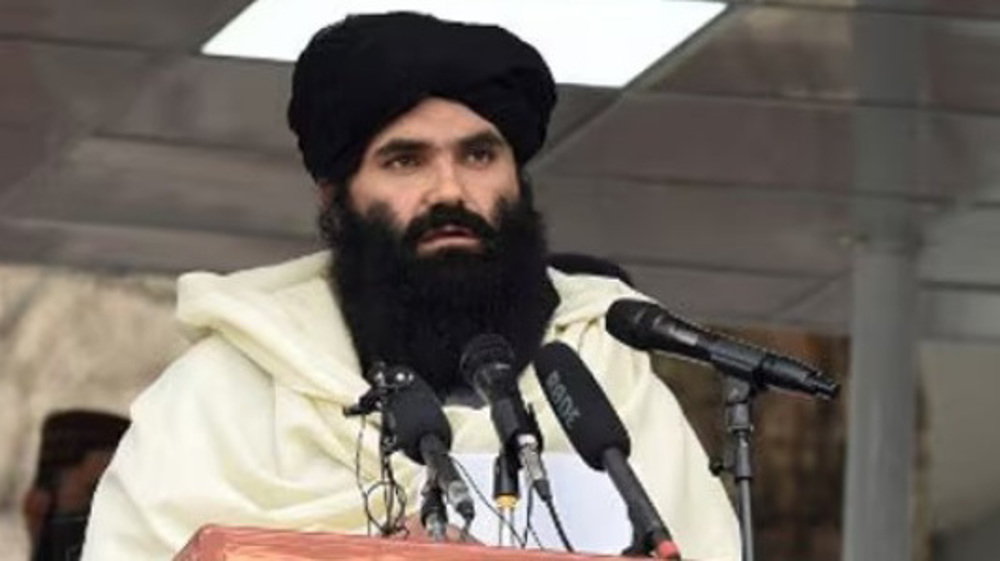
Taliban says US has lifted $10 million reward for information on deputy chief Haqqani
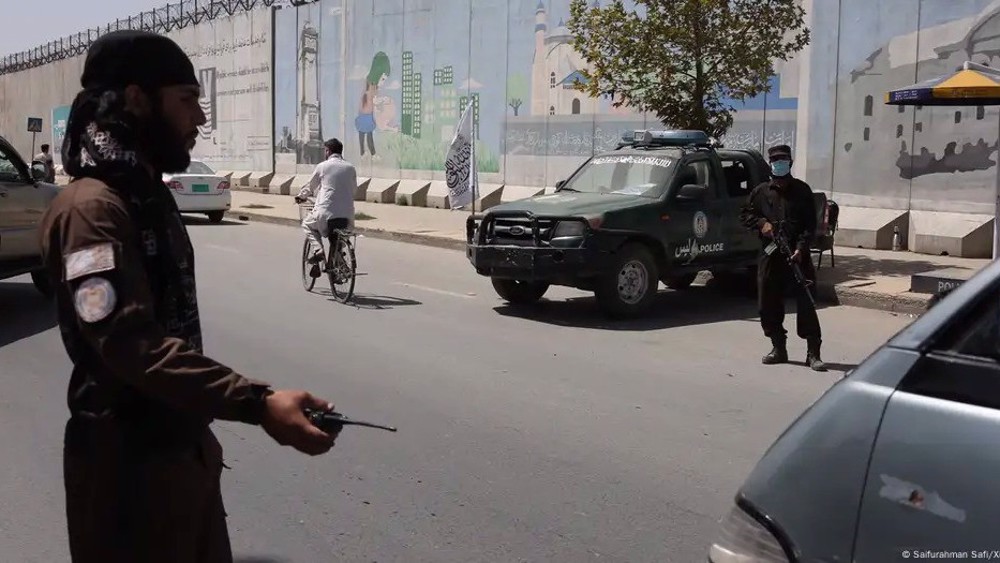
Deadly bombing attack targets Taliban ministry building in Kabul
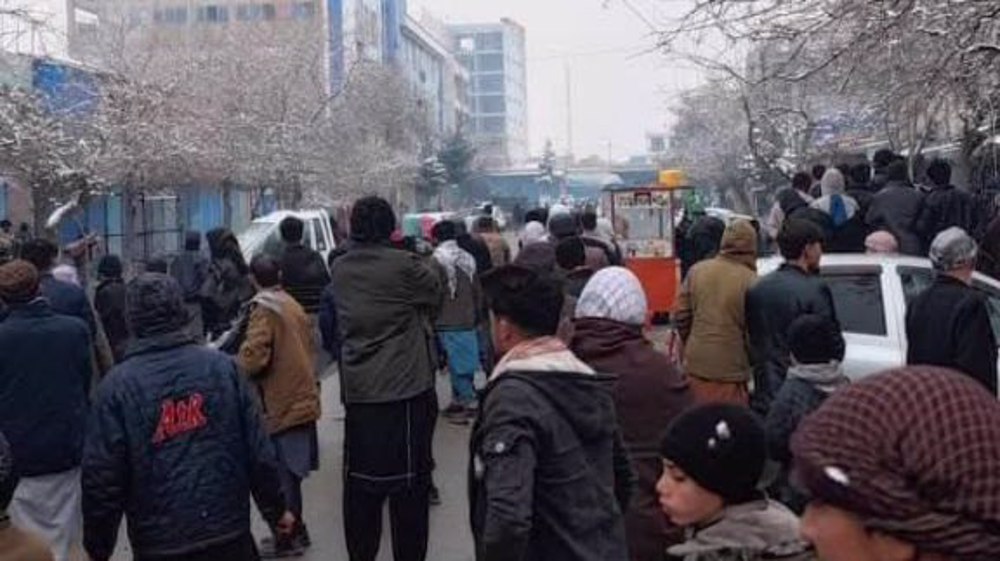
Daesh claims deadly bombing attack in northern Afghanistan
Iran condemns Israeli attacks on Syria's civilian, military infrastructure
Israel targets ambulances, health center in Lebanon despite truce
Iran calls on Shanghai bloc to condemn Trump’s 'dangerous' threats
VIDEO | Iraq’s electricity shortage and US sanctions on Iran
Death toll from Myanmar quake rises to over 3,085
US militarization in West Asia reaches unprecedented levels: Report
VIDEO | The 1992 Clonoe Killings
VIDEO | Columbia University students chain themselves to gate in support of Mahmoud Khalil


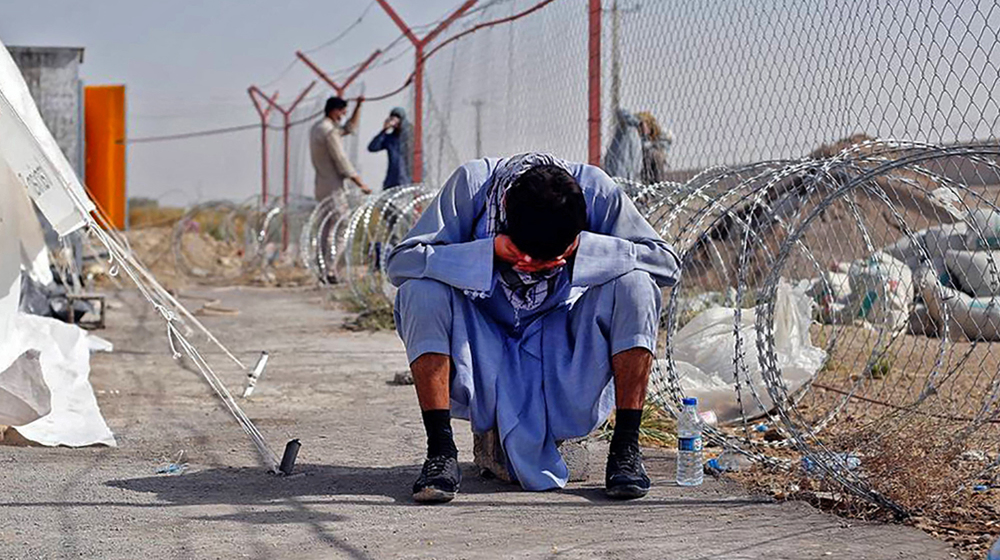
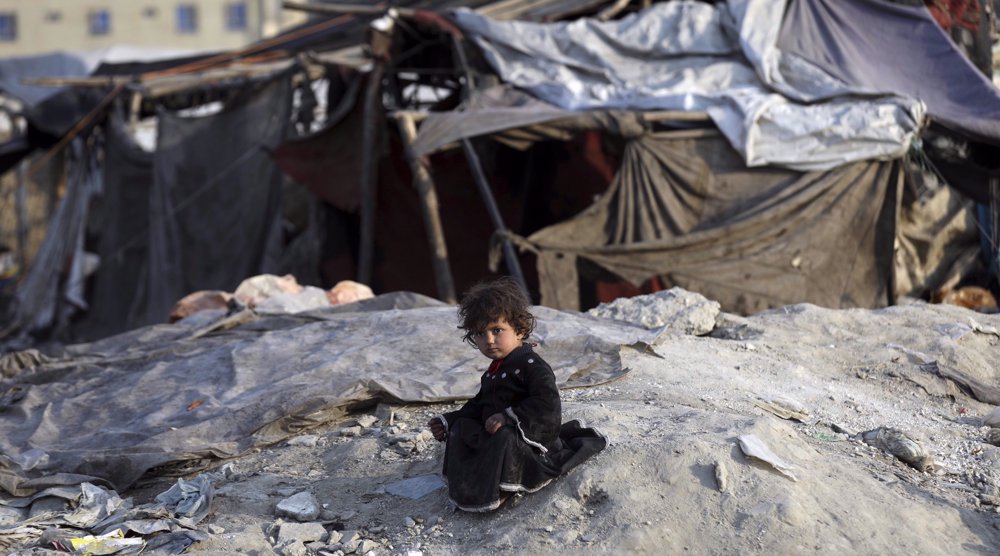
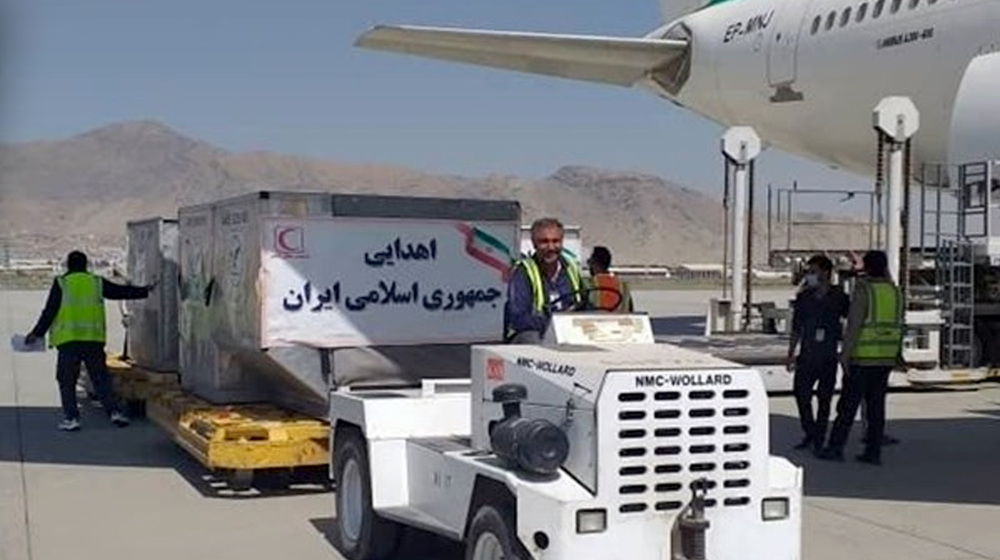



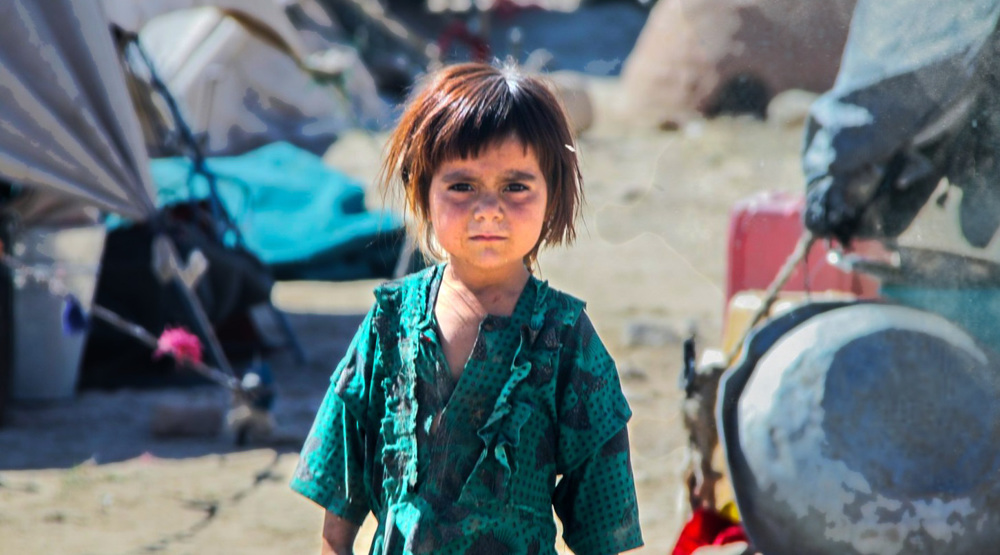
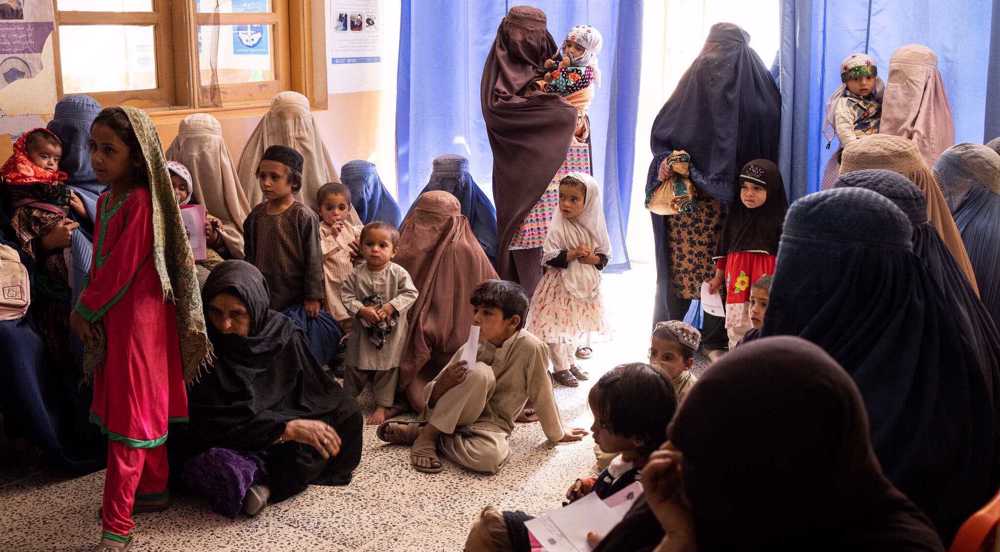
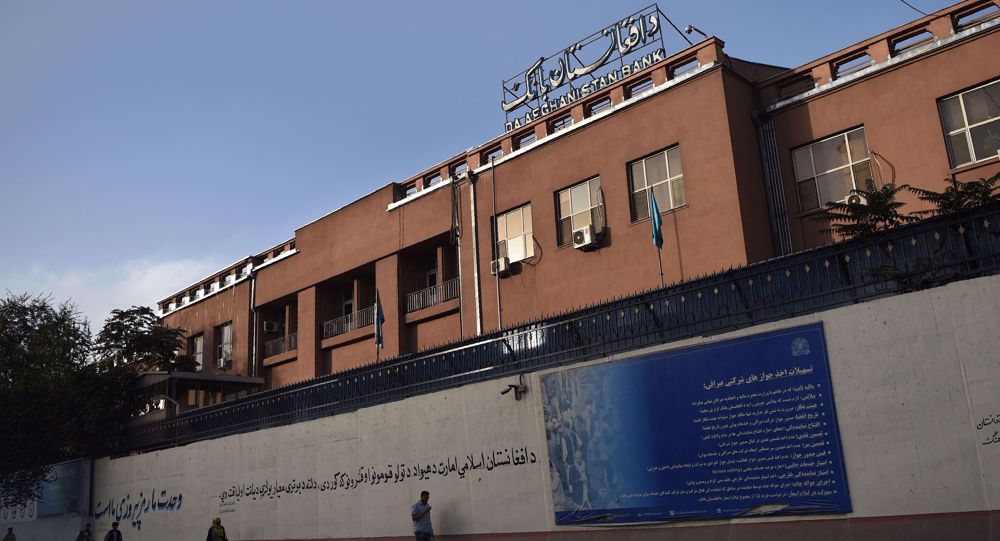
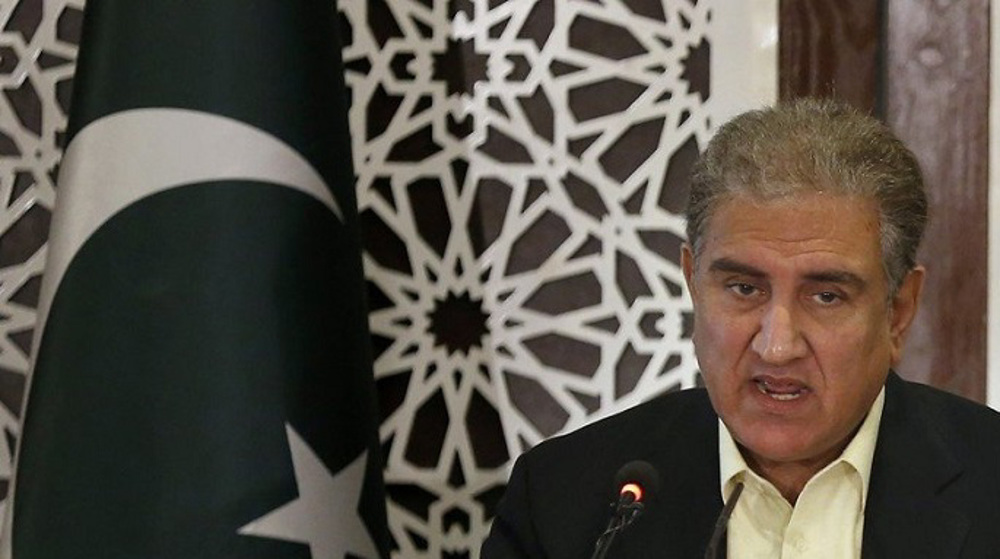
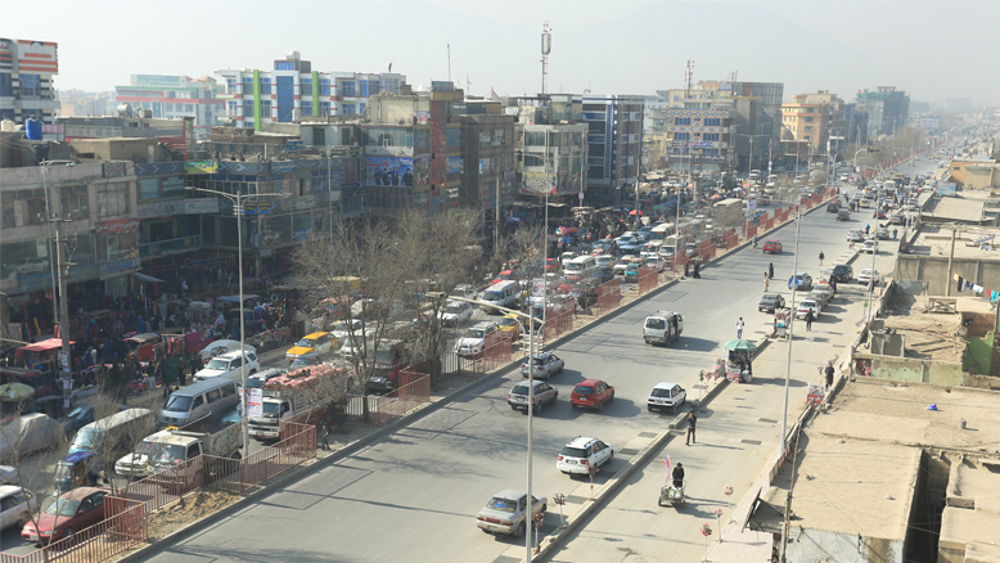

 This makes it easy to access the Press TV website
This makes it easy to access the Press TV website